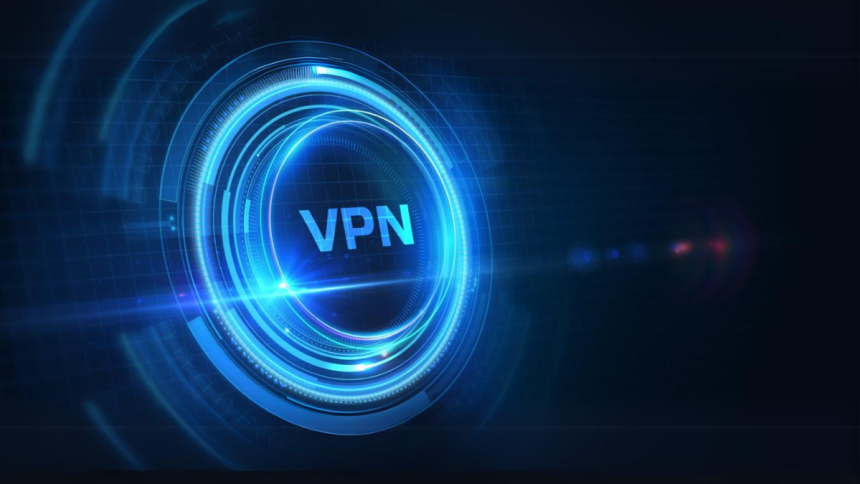Maintaining your online privacy and security is paramount, whether an individual or a business. A Virtual Private Network (VPN) is one way to do this. It helps protect your data while maintaining your online privacy. But what is a VPN for a beginner, and how does it work? This guide seeks to answer these questions in depth.
What Is A VPN?
A VPN is a service you use to encrypt your internet connection and hide your IP address. The VPN makes it almost impossible to trace your online actions. It works by routing your internet traffic through a secure server. So, when you use a VPN, your data remains private and secure, even in instances with a public Wi-Fi network.
Until a few years ago, employees used VPNs to connect to the company network when working remotely. This was effective until revelations of government bodies snooping on how people use the internet. Since then, more people have been taking their online privacy seriously. Also, with content providers blocking access from certain countries, VPNs have become popular among consumers.
Why Use A VPN?
There are so many reasons to use a VPN.
Online Privacy
The main one is the need to enhance your online privacy. A VPN masks your IP address and encrypts your data to preserve online privacy. This is especially important when using public Wi-Fi or accessing sensitive information. It will create a secure VPN tunnel between your device and the internet, so even when someone tries to monitor your online activity, they can’t.
Access Content in Geo-Blocked Areas
Let’s say you want to access a video or any content, but it is blocked in your region. It’s simple: plug in the VPN and bypass the geo-restrictions. Netflix is a common example of these restrictions. Since each country has a different library of titles, you may not enjoy content from a geo-blocked region. For instance, if you are vacationing in Bali but want to enjoy some downtime with Netflix, a VPN will help overcome these restrictions by changing your virtual location to your home. So, you enjoy many titles you wouldn’t have in your region.
Protecting Against Cyber Threats
A VPN can add an extra security layer to your internet connection and protect you from falling prey to cybercriminals. Compared to the regular internet, the VPN encrypts all information at the point of origin, which is your device. Since it masks your IP address, cyber criminals won’t access your sensitive information.
Choose The Right VPN
VPNs establish a secure, encrypted connection between your device and a remote server. While all VPNs have the same purpose, they can differ in their performance and strength. A high-quality paid VPN will always outperform a free VPN. So, to get the most out of a VPN, you might consider paying for a premium choice.
You will find many VPN service providers. Consider factors like security, jurisdiction, servers, and privacy commitments. Quality VPNs will always make it easy to access geo-blocked content. Popular VPN options offer the most robust security measures and user-friendly interfaces. An important factor to consider is the strict no-logs policy. Choose a VPN that emphasizes this to guarantee that it doesn’t store or share your data.
How To Set Up Your VPN
Most VPNs are easy to set up and use. You only need to download the app and sign in. Use your email address to sign up. So, find a quality VPN service, sign up, and download the software to install on your device. Once installed, open the VPN software and sign in, then choose a server or country you want to connect to. You will enjoy a private, safe, and secure internet experience.
Bottom Line
There is more to VPNs than this guide could cover. In a nutshell, the VPN service creates a secure tunnel between your device and a VPN server. So, always use a VPN if you want to connect to a public Wi-Fi, especially if you don’t trust the site. It will protect you from unwanted, unscrupulous characters.
Lynn Martelli is an editor at Readability. She received her MFA in Creative Writing from Antioch University and has worked as an editor for over 10 years. Lynn has edited a wide variety of books, including fiction, non-fiction, memoirs, and more. In her free time, Lynn enjoys reading, writing, and spending time with her family and friends.















